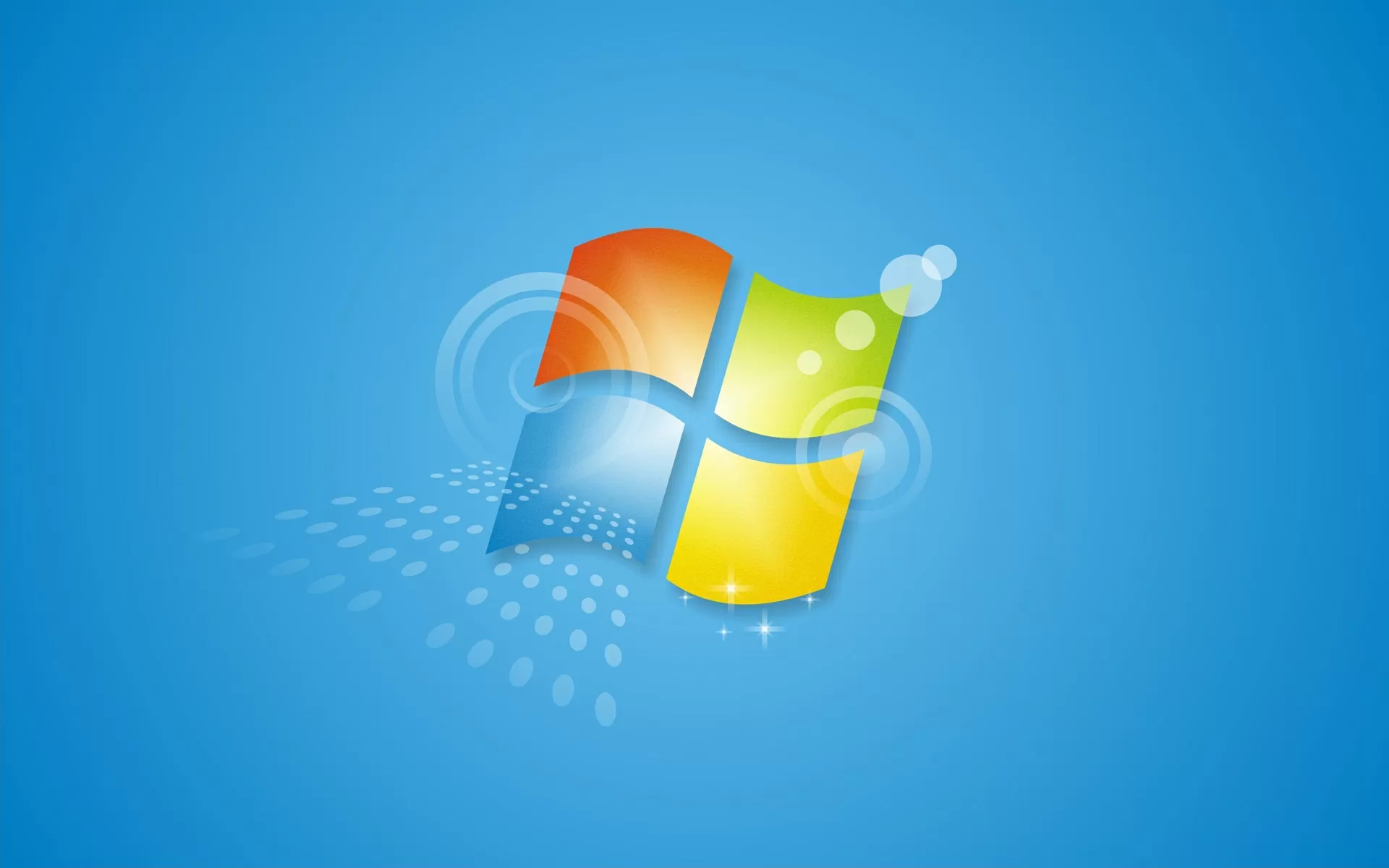What just happened? Judgment day for Windows 7 and 8 has finally arrived. While we've known this was coming for a while, Microsoft had a final surprise for Windows 7 users: anyone still needing critical security updates for these operating systems can rely on 0patch for another two years.
Microsoft delivered the final updates for Windows 7 and Windows 8 through extended security update (ESU) this week, closing the book on the aging operating systems. The China Software Development Network blog discovered that the update adds UEFI secure boot to Windows 7, but it appears to be a flawed implementation.
Secure boot debuted in Windows 8, and while it's a pleasant surprise to see Microsoft extend the feature to Windows 7, it doesn't seem to work correctly for everyone. The patch didn't update the VGA.sys and VGApnp.sys display drivers, leaving some users stuck at the Windows startup logo when they tried to enable secure boot. Since pure UEFI Class 3 systems don't include Compatibility Support Module or Legacy Mode, they'll need a workaround.
The update also fixes issues involving the msds-SupportedEncryptionTypes attribute and apps using Microsoft Open Database Connectivity SQL Server Driver (sqlsrv32.dll). However, it leaves behind a couple of known unresolved issues. The patch might show a warning indicating failure to update in Windows 7, and in Windows 8 it could cause domain join operations to fail.
Did you know Microsoft has SECRETLY pushed a NEW update (KB5017361) that adds in SECURE BOOT support for Windows 7? 🤫
--- Bob Pony (@TheBobPony) January 9, 2023
⚠️ But there's a catch...
1⃣ Pure UEFI Class 3 systems still require workaround due to basic VGA driver.
2⃣ It's an ESU Update.
Source: https://t.co/BpDqiPsDUM pic.twitter.com/7yQpIh0hf7
Microsoft ended mainstream support for Windows 7 in 2015 and Windows 8 in 2018, and Windows 7 extended support lasted until 2020. However, the company maintained an expensive ESU option to deliver critical security updates for the many systems that still used Windows 7 at the time. Windows 7 ESU and Windows 8 extended support ended this week. Patches on both operating systems for Chrome and Microsoft Edge will also cease.
About 11 percent of Windows systems worldwide still use Windows 7, slightly less than the 16 percent running Microsoft's latest OS - Windows 11. Until January 2025, the last remaining option for those who still want important Windows 7 updates will be 0patch micropatching. The group will also continue support for Microsoft Edge on Windows Server 2008 and Server 2012 during that period.
Windows 7, launched in 2009, was very popular for its relative stability. Windows 8, however, drew much criticism for its major changes to the system interface when it was released in 2012. Most Windows users today are on Windows 10, while Windows 11 struggles to pick up steam.
